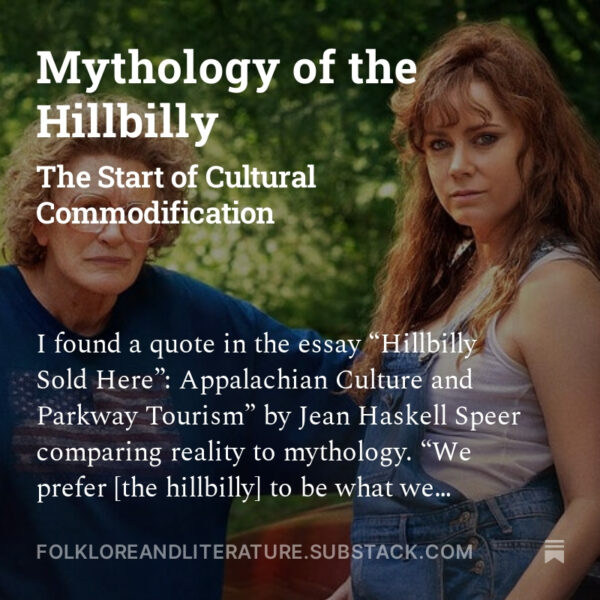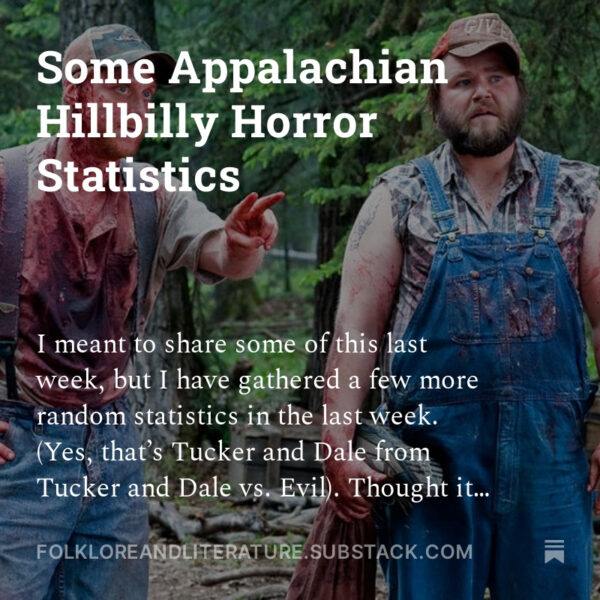Sci-Fi Sunday: An Intro to Science Fiction
Welcome to the first Sci-Fi Sunday. This is going to be a regular feature on the blog. Why? Because science fiction is my jam and it is a highly underrated genre. My life is one of dodging weird looks and being called strange for my love of science fiction. Even as a child, I couldn’t get enough. Sunday nights were the best because Buck Rogers, Space 1999, Star Trek, and the original Battlestar Gallactica were on back to back. My great-grandmother introduced me to Ursula K Le Guinn, Andre Norton, and Anne McCaffery as soon as I could read.
I credit having a reading level much higher than my grade level in elementary school on reading science fiction. Not that I understood everything that I was reading, I didn’t have the life experience to understand the nuances of Dune or what Le Guinn was trying to do in The Left Hand of Darkness when I was 9.
I do not have an explanation as to why I was drawn to science fiction as a child. As an adult I see all the ways our world, with all it’s problems, is reflected back at us. It reminds us that human nature doesn’t change and how, as a society, we bring on our own problems. Science fiction explores solutions. When choosing a concentration for my masters program, I chose cultural studies. It allows me to study this relationship of how culture and society are reflected in literature and how literature influences society and culture.
So, what is science fiction?
First, speculative fiction must be defined. It is a genre of fiction that encompasses works in which the setting is other than the real world, involving supernatural, futuristic, or other imagined elements. Speculative fiction veers into science fiction, fantasy, horror, and the historical (think alternate realities or “what if” scenarios).
Science fiction is a form of speculative fiction based on imagined future scientific or technological advances and major social or environmental changes. It is divided into hard and soft science fiction. Hard science fiction focuses on science and how science works. Soft science fiction focuses more on people. 2001: A Space Odyssey and Bladerunner are hard science fiction. Star Wars and Star Trek are soft science fiction. Subgenres include dystopias and utopias, steampunk, cyberpunk, alternate realities, first contact and alien invasions, military, robots/cyborgs/AI, apocalyptic and post-apocalyptic, time travel, space travel, horror, biopunk, weird science fiction, and probably a few things I am forgetting. Most importantly, it is about human issues. It always tackles a problem that we are having in our society.
Take H. G. Wells’ War of the Worlds. Britain’s colonization of Tasmania resulted in the Black War and the natives of Tasmania were wiped out. This was the inspiration for Wells’ book. He wanted to explore what would happen if aliens did to humanity what the British did to the Tasmanians. In Dune, Frank Herbert took on fanatical religion, colonization, and the oil trade. You get the idea. This is the refection of society and history.
For an example of science fiction influencing society and culture, look no further than scientology. Scientology was devolved by L. Ron Hubbard and, if we are honest, is the butt of many jokes. The foundation of Scientology is built on a space opera. In the article Xenu’s Paradox on Longreads.com, Alec Nevala-Lee explains it all much better than I ever could.
I will read pretty much anything, including cereal boxes if I don’t have access to books. However, science fiction is my first love. I want to see it get some of the credit it deserves as a serious form of literature.















